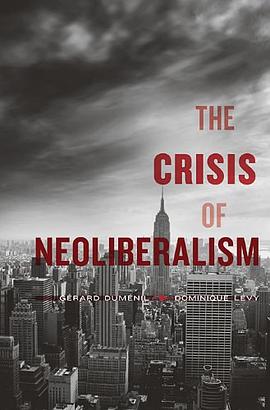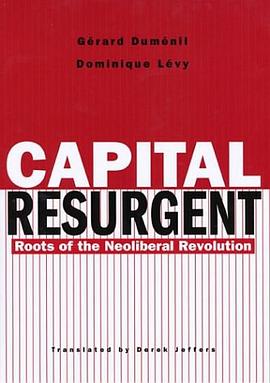

This book examines "the great contraction" of 2007 - 2010 within the context of the neoliberal globalization that began in the early 1980s. This new phase of capitalism greatly enriched the top 5 percent of Americans, including capitalists and financial managers, but at a significant cost to the country as a whole. Declining domestic investment in manufacturing, unsustainable household debt, rising dependence on imports and financing, and the growth of a fragile and unwieldy global financial structure threaten the strength of the dollar. Unless these trends are reversed, the authors predict, the U.S. economy will face sharp decline. Summarizing a large amount of troubling data, the authors show that manufacturing has declined from 40 percent of GDP to under 10 percent in thirty years. Since consumption drives the American economy and since manufactured goods comprise the largest share of consumer purchases, clearly we will not be able to sustain the accumulating trade deficits. Rather than blame individuals, such as Greenspan or Bernanke, the authors focus on larger forces. Repairing the breach in our economy will require limits on free trade and the free international movement of capital; policies aimed at improving education, research, and infrastructure; reindustrialization; and the taxation of higher incomes.
具体描述
读后感
评分
评分
评分
评分
用户评价
相关图书
本站所有内容均为互联网搜索引擎提供的公开搜索信息,本站不存储任何数据与内容,任何内容与数据均与本站无关,如有需要请联系相关搜索引擎包括但不限于百度,google,bing,sogou 等
© 2025 book.wenda123.org All Rights Reserved. 图书目录大全 版权所有




















